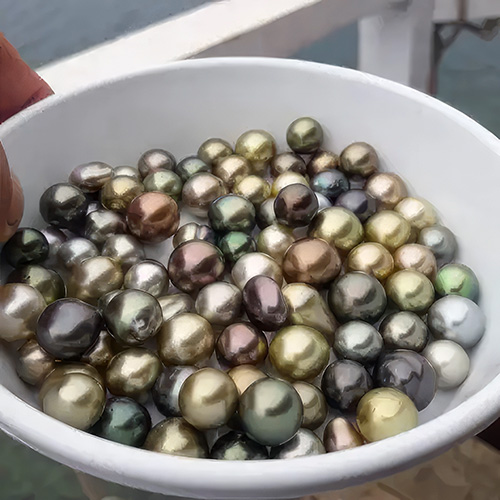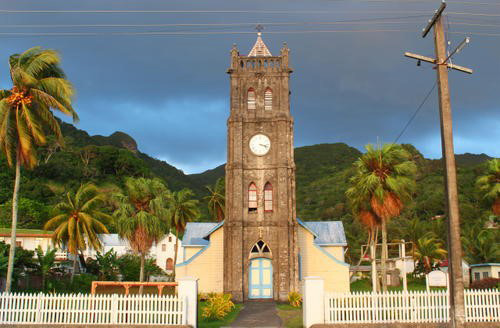
Three weeks shy of his twenty-fifth birthday, the French composer, George Bizet completed his opera, known in English as “The Pearl Fishers”.
Set in Ceylon, the opera centres around the competitive love two men have for the same woman.
The two men, one known as Nadir and the other Zurga, have been life-long friends, however this competitive love has forced them apart.
After a self-imposed absence, Nadir returns to the shores of Ceylon, where his friend Zurga has just been elected Fisher King. In a well-known aria, known in English as “from the depths of the Temple” the two men seek to recover and embrace their life-long friendship.
They sing:
NADIR
Your hand pushes my hand away!
ZURGA
Your hand pushes my hand away!
NADIR
From our hearts love seizes
And changes us into enemies!
ZURGA
No, let nothing separate us!
NADIR
No, nothing!
ZURGA and NADIR
Swear to stay friends!
Oh yes, let’s swear to stay friends!
The words in the aria may well be an echo of today’s Gospel, “but I say to you, love your enemies and pray for those who persecute you.” ( Mtt. 5: 44).
Whenever, we choose to love our enemy, we exhibit something of the love of God.
Whenever we forgive instead of getting angry at one another, bless instead of cursing one another, tend one another’s wounds instead of rubbing salt into them, hearten instead of discouraging one another, give hope instead of driving one another to despair, hug instead of harassing one another, welcome instead of cold-shouldering one another, thank instead of criticizing one another, praise instead of maligning one another . . . in short, whenever we opt for and not against one another, we make God’s unconditional love visible.



